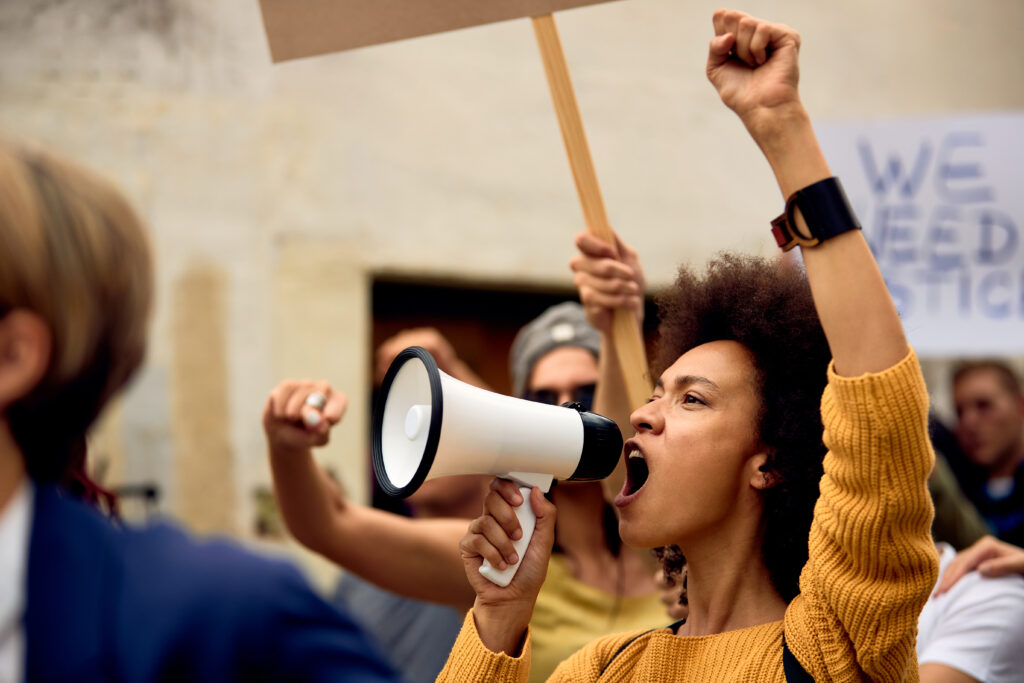We all think that the last time Britain was invaded and ruled by a foreign power was after the Battle of Hastings but there have been a number of occasions when a foreign candidate took over or was invited to take the throne. One of the least know is that of Simon de Montfort, a French nobleman who became Earl of Leicester and, after staging a rebellion against Henry III, the ruler of England for a year.
In that time he created two parliaments, one of which removed the absolute power of the monarch and the other which included ordinary people. His parliaments survived in one form or other to this day and as such he is accredited by some as being the founder of democracy in the UK.
Democracy is a difficult topic for young people to understand but it’s an important concept and there’s no better way to demonstrate it and understand it than through the school council.
Suitable for: Year 2 to Year 6
Learning Focus: Understanding what is meant by democracy
Recognising the part each person within a community can play in the decision making process
Activity One:
If you have a school council in place, it’s a great way to see democracy in action, if not, it’s a good idea to set one up as it shows young people how the wishes of a group of individuals can be acted upon fairly.
For this activity, ask the children to be political correspondents, reporting on the working of the school council.
Suggest that they quiz the ‘electorate’ beforehand to identify issues that are important to them and ask them how they think could get their views heard.
Work with the class to identify the ways in which the head or the school governors could be made aware of issues.
Now, if there is a school council in place, allow the ‘correspondents’ to observe an issue being taken to the council and identify how it is discussed, amended, rejected or adopted.
Activity Two:
If you don’t have a school council in place, now is an excellent time to set one up.
The usual format is to have a representative from each class which meets with the head teacher once each half term. Each class has the opportunity to discuss issues that are important to them before asking the class representative to present it at the school council meeting.
You can hold elections for school councillor asking each candidate to prepare a presentation to the class setting out why they should be selected.
Ask the class to consider what factors affect whether an idea is adopted or an issue dealt with – usually it will be whether the majority in the class support it, then whether a majority of the school councillors support it and finally whether the headteacher supports it.
This pattern reflects what happens in government in the real world where the population can petition for matters to be discussed. If enough support it then parliament discusses and votes on it with the Prime Minister having a big influence on the decision.
Activity Three:
For this activity the pupils should consider the results of either a government by-election, a general election or a school council member election.
In the last general election 65.1% of those eligible to vote did so. Of those, 36.1% voted for the Conservative Party, 29% voted for the Labour Party and 23% voted for the Liberal Democrats.
Use these figures to calculate what percentage of the population actually voted for the winners. (fewer than a quarter!). The statistics are usually even worse at a by-election.
Ask the pupils whether they consider the elected government to be representative of the people. Based on the figures, the answer is no but is there answer different when they consider that some people (over a third) chose not to vote?


